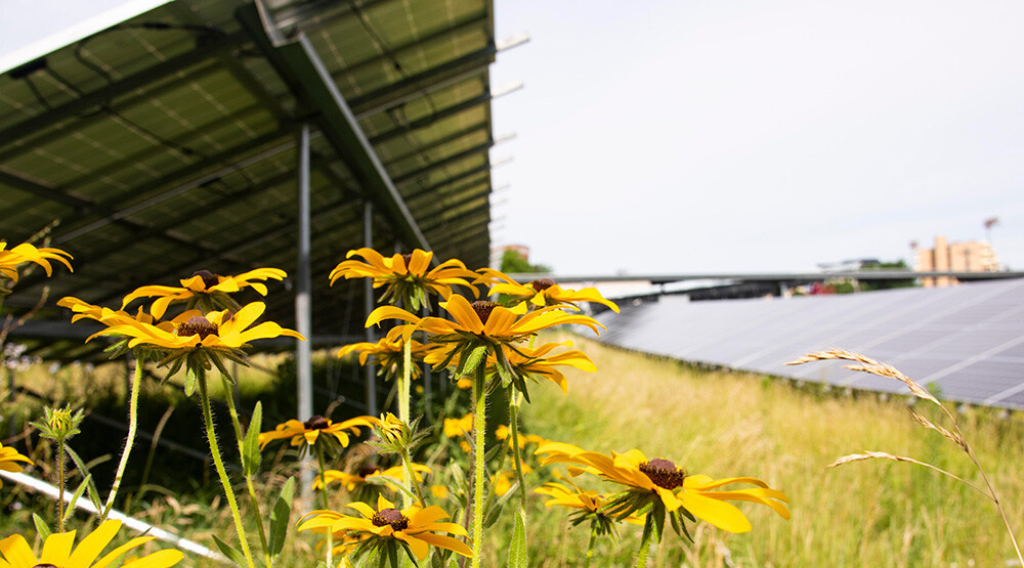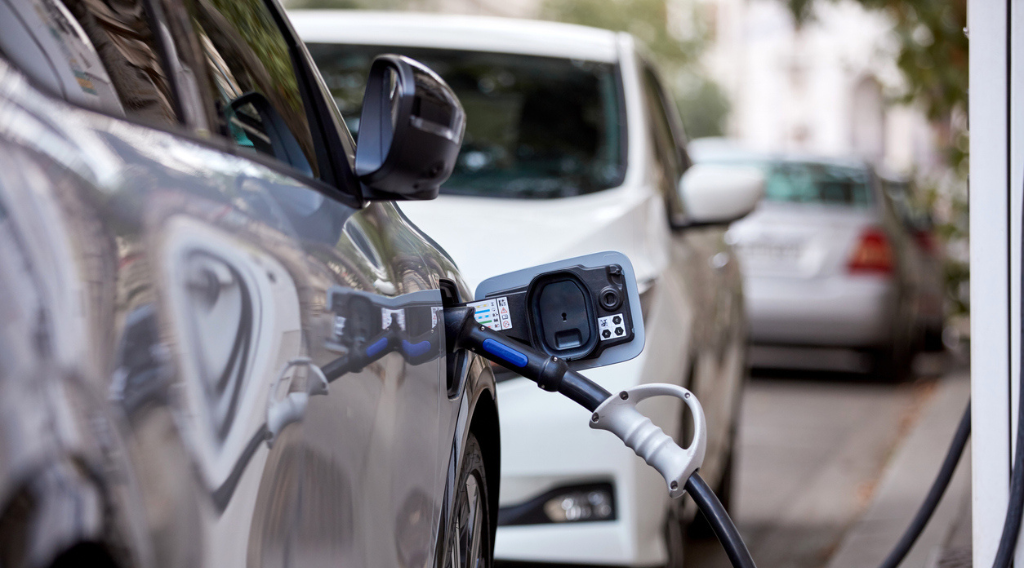
Photo courtesy of Cooperative Energy Futures
Despite increasing solar adoption across the United States, underserved small businesses—especially BIPOC- and immigrant-owned businesses—have historically lacked equitable access to the information, resources, and culturally-appropriate and accessible financing needed to install and receive the benefits of rooftop solar. The Great Plains Institute is a core partner in a newly announced project to help address these inequities in the Twin Cities.
Funded by the National Renewable Energy Laboratory’s Solar Energy Innovation Network, GPI helps represent one of eight teams selected to develop a replicable model for overcoming the historical barriers to rooftop solar adoption in underserved communities.
The Advancing Small Business Solar Equity project is led by our longtime partner Lake Street Council, with support from key partners Northside Economic Opportunities Network, Neighborhood Development Center, and William Weber Consulting.
By focusing on how equitable solar adoption can build wealth in the Twin Cities small business community and by partnering with strong and trusted community leaders, GPI is supporting the rebuild effort in three areas most affected by the civil unrest following the murder of George Floyd in May 2020: the corridors along Lake Street in South Minneapolis, West Broadway in North Minneapolis, and along University Avenue in Midway Saint Paul.
Additional in-kind support has been committed by the City of Minneapolis, City of Saint Paul, and Xcel Energy.
Developing a model grounded in community experiences
This project includes significant research on the barriers to solar experienced by our target audiences, conducted through interviews which emphasize interviewees’ perspectives and decision-making processes. The team seeks to understand the day-to-day operations and thought processes behind a sampling of small businesses on the corridors, which includes both businesses who have installed solar and those who have not. Additional interviews with various Twin Cities-based solar installation companies, solar experts, and business financiers will provide a secondary layer of perspective on common barriers as well as the current capacity and direction of the industry.
The team will then analyze the information gathered from the interviews in order to understand the barriers to equitable solar access and to identify and define the particular components that a successful model should include.
After prototyping a model throughout winter 2022-2023, our community-based business organizations will conduct a model pilot program with a handful of businesses in their communities this spring. And before the project wraps up in May, the team aims to fine-tune the model based on any observations and comments coming out of the pilot.
Moving forward, GPI and project partners will seek further funding to support a broader deployment of this refined model in each of our target corridors.
Building on a decade of partnerships and community-based work
This project is the next step in nearly a decade of GPI partnerships and projects working toward easier and more equitable access to energy efficiency and utility programs for small businesses across the Twin Cities metro region. It was natural to directly continue our longtime partnership with the Lake Street Council, with whom GPI has worked for years to help promote energy efficiency to businesses located on the corridor. Read more about that history here.
To each of our key project partners, this work is personal: our organizations are located on these corridors, and many of us live just blocks away. Our hope for this work is not to just rebuild what was here but to help advance a better, more just, and more sustainable community for our future.
Keep up to date with all GPI news by signing up for our monthly newsletter.


